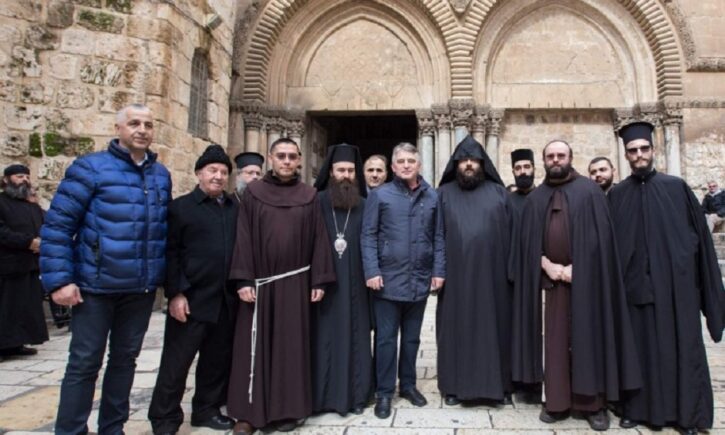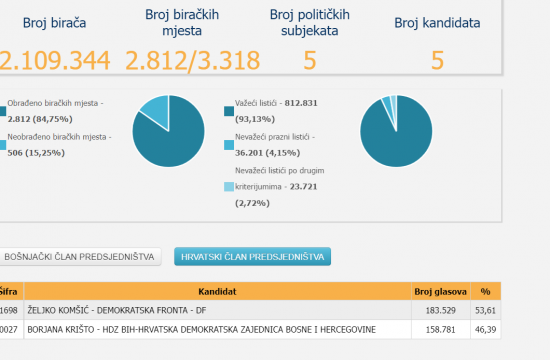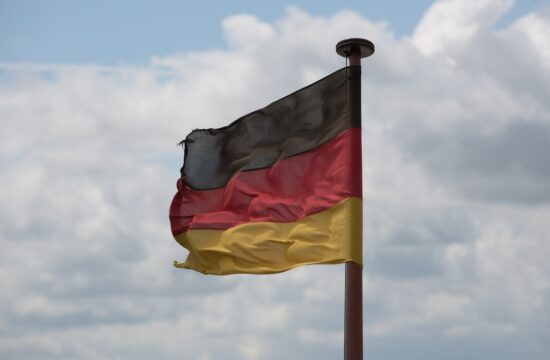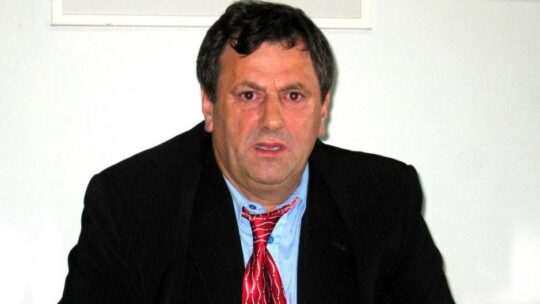
Bosnia Presidency Chairman Zeljko Komsic leads the country's delegation in Jerusalem this week, where more than 40 world presidents and prime ministers, kings, princes and grand dukes will come to attend the Fifth World Holocaust Forum, entitled "Remembering the Holocaust, Fighting Antisemitism."
Upon his arrival, Komsic attended a dinner hosted by Israeli President Reuven Rivlin and paid a visit to the Church of the Holy Sepulchre.
While Israeli officials say the gathering will be the biggest international political event in the country's history — and point to the attendance of Vladimir Putin, Emmanuel Macron and Prince Charles, among many others, to support that claim — two world leaders, in particular, will be notable by their absence.
One is Poland's President Andrzej Duda, who declined his invitation after he was told he could not make a speech at the forum's main event, to be held Thursday at Yad Vashem, Israel's national Holocaust remembrance site. Given that Auschwitz was located in Nazi-occupied Poland, and that more Polish Jews were killed in the Holocaust than Jews from any other nation, Duda felt he should be speaking.
“The inability to speak in regard to this matter is against the interests of [Poland],” Duda said in a televised speech earlier this month.
Event organizers say they only ever planned to hear from leaders from Israel, Germany and the four wartime Allied powers: the United States, the United Kingdom, France and Russia. Plenty of other world leaders asked to make an address but were also turned down, Israeli officials add.
That Russian President Vladimir Putin gets to speak, and Duda does not, just adds salt to the Polish leader's wounds, as the two men are locked in an angry spat over responsibility for the start of the Second World War. Duda has accused Putin of re-writing history by downplaying the full significance of the 1939 Nazi-Soviet pact, which included an agreement over the division of Poland.
For his part, Putin has said anti-Semitism in Poland has been overlooked as a cause of the war.
The other world leader whose absence will be felt is Donald Trump. On paper, this would be an easy win for the US President. At a time of growing concerns of anti-Semitism in the United States and beyond, Trump could headline the world's most prominent conference on the issue.
Trump has only been here once as a world leader (he visited in May 2017), and this would be the perfect chance to boost his already burnished pro-Israel credentials in an election year.
All of which makes his absence that much more puzzling. Instead, the US administration's representative at the conference will be Vice President Mike Pence. Certainly, Pence is no one to discount, but for Israel — and for Netanyahu — Trump is the real star.
Sharing top billing with the Pence, at least from Israel's point of view, will be Putin.
Alongside Netanyahu, the Russian leader will unveil a monument to the 800,000 victims of the siege of Leningrad. The two men will also hold an important bilateral, with Iran's presence in Syria likely to top the agenda, as it usually does when these two meet. This meeting, though, will be the first since the US killing of top Iranian commander Qassem Soleimani. Netanyahu will likely choose his language carefully, given the close relations between Moscow and Tehran.




